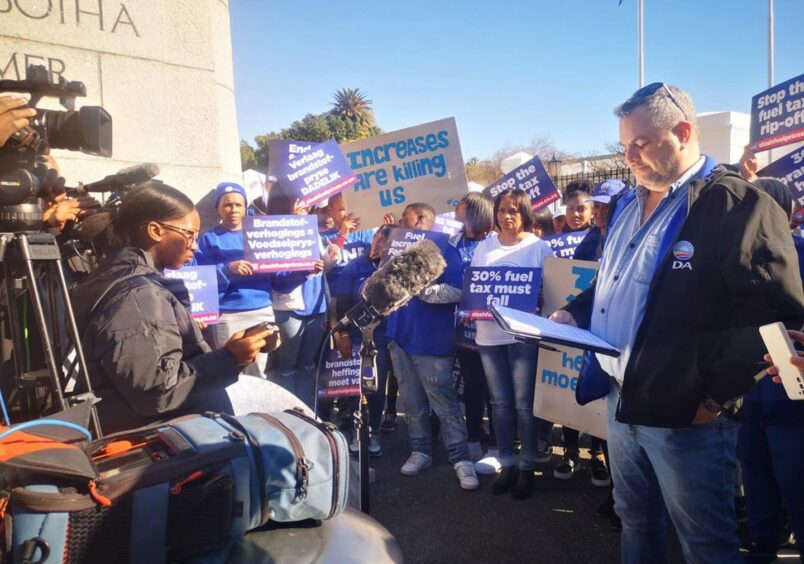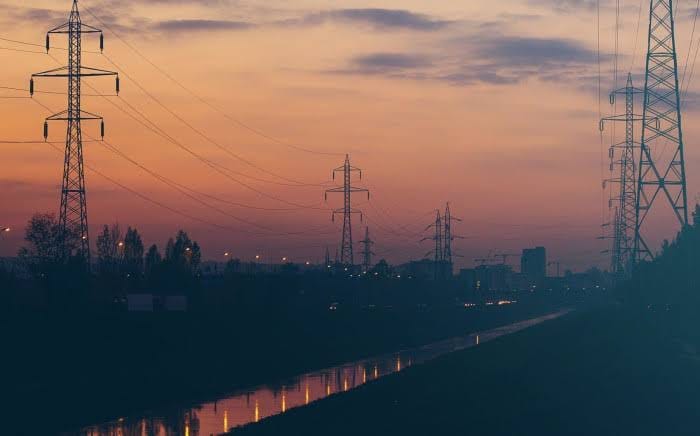
South Africa’s government is facing increased opposition on the topic of fuel prices, driven by global demand but also by Eskom’s increased needs.
The Department of Mineral Resources and Energy (DMRE) said petrol prices would increase by at least 2.37 rand ($0.15) per litre as of June 6. Diesel with 0.05% sulphur is going up by 2.31 rand ($0.14), the DMRE continued.
The ministry blamed the price increase on higher Brent prices, combined with a shortage of refining capacity. Furthermore, a temporary fuel price limit imposed by the DMRE and Treasury has now lapsed.
Opposition party the Democratic Alliance (DA) is focusing increasingly on the topic of fuel prices. When President Cyril Ramaphosa came to power, petrol cost 13.76 rand ($0.84) per litre. It has risen to 26.74 rand ($1.64), the DA said.
The African National Congress (ANC) has “uncaringly abused” the people of South Africa through artificially high fuel prices, an open letter has said. The DA advocates for cutting taxes and fuel levies, which would reduce the cost by one third.
In particular, the DA called for the government to scrap the Road Accident Fund.
In the 2020-21 year, 40.7% of petrol prices came from taxes and 45% for diesel. This is due to fall to 31% and 33% respectively in 2022-23.
Liquid courage
Availability of liquid fuels has suffered as a result of Eskom’s difficulties. The power operator announced stage 6 load shedding last week, with consumers lacking electricity for up to six hours per day. It is currently at stage 4 load shedding.
The DA criticised the ANC government for its “lethargic” response to Eskom. The opposition party called for the government to declare a state of disaster.
As of July 1, Eskom said it had 3,104 MW offline for maintenance, with another 17,431 MW unavailable because of breakdowns. Further complicating Eskom’s efforts have been labour problems, with an unauthorised strike.
One way in which Eskom has tackled the problem is by burning more diesel.
An MP from the minority Good party, Brett Herron, said Eskom had spent 5.3 billion rand ($325 million) on diesel in the first half of the year. Two power plants, Ankerlig and Gourikwa, consumed 273mn litres of diesel in the five-month period.
Eskom executives have previously warned that securing diesel supplies is critical to the company’s operations. If it cannot secure these, it might reach stage 7 or 8 of load shedding.
Meanwhile, Eskom’s diesel demand is putting strain on the economy. Bloomberg reported last week that Growthpoint Properties, a property investment trust, was running out of diesel to sustain generators at its buildings.
“Our resources are stretched to their limits. Our diesel providers have exhausted their diesel supply,” the news agency reported Growthpoint as saying.

